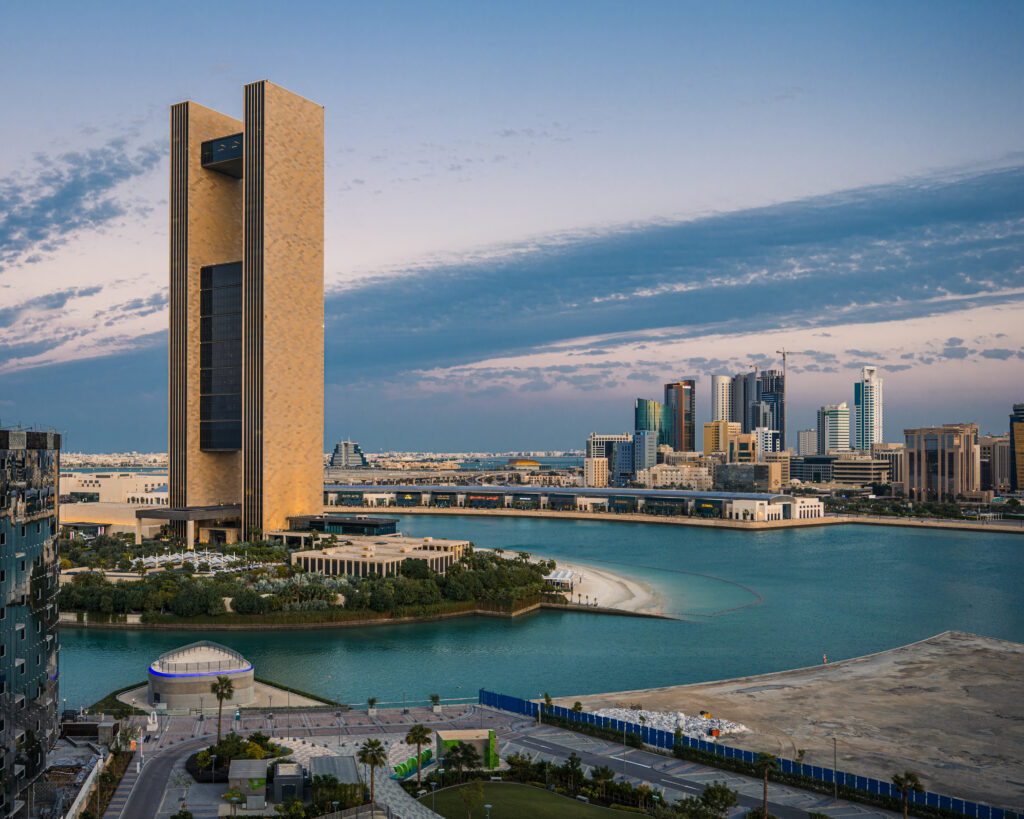Arab News
LONDON: Interpol has announced the launch of a metaverse specifically designed to aid global policing.
The system allows law enforcement officers from around the world to connect with one another in a virtual recreation of the agency’s Lyon headquarters. Once there they can take part in immersive training courses covering a wide range of policing issues, including forensic investigation.
“For many, the metaverse seems to herald an abstract future, but the issues it raises are those that have always motivated Interpol — supporting our member countries to fight crime and making the world, virtual or not, safer for those who inhabit it,” Interpol Secretary General Jürgen Stock said at the agency’s 90th general assembly last week in New Delhi.
“We may be entering a new world, but our commitment remains the same.”
Interpol also announced the creation of a metaverse expert’s group, which it said would represent law enforcement concerns on a worldwide scale.
As people flock to the metaverse to work, study, shop and socialize, “crime has increasingly moved online as the pace of digitalization has increased,” it said, adding that, criminals were already “starting to exploit the metaverse.”
Metaverse is a term used to describe a proposed immersive version of the internet accessed via virtual reality.
According to Interpol’s “Global Crime Trend” report, which was also released last week, 70 percent of law enforcement officers from its 195 member countries expect ransomware and phishing attacks to grow over the next three to five years.
While the report suggests the majority of offenses will be financial “crime-as-a-service” — the practice of cybercriminals selling access to the tools and knowledge needed to execute cybercrime — it also warns that harmful behavior in the virtual world poses a specific legal challenge, “because not all acts that are criminalized in the physical world are considered crimes when committed in the virtual world.”
It added: “As the number of metaverse users grows and the technology further develops, the list of possible crimes will only expand to potentially include crimes against children, data theft, money laundering, financial fraud, counterfeiting, ransomware, phishing, and sexual assault and harassment.”
Interpol said it was also involved in a World Economic Forum initiative titled “Defining and Building the Metaverse,” which is focused on governance in the virtual environment. Meta, Microsoft, Mastercard and several Web3 businesses, including Animoca Brands and Decentraland, are also linked to the project.
“The metaverse has the potential to transform every aspect of our daily lives with enormous implications for law enforcement,” Madan Oberoi, Interpol’s executive director of technology and innovation, said.
“But in order for police to understand the metaverse, we need to experience it.”






















